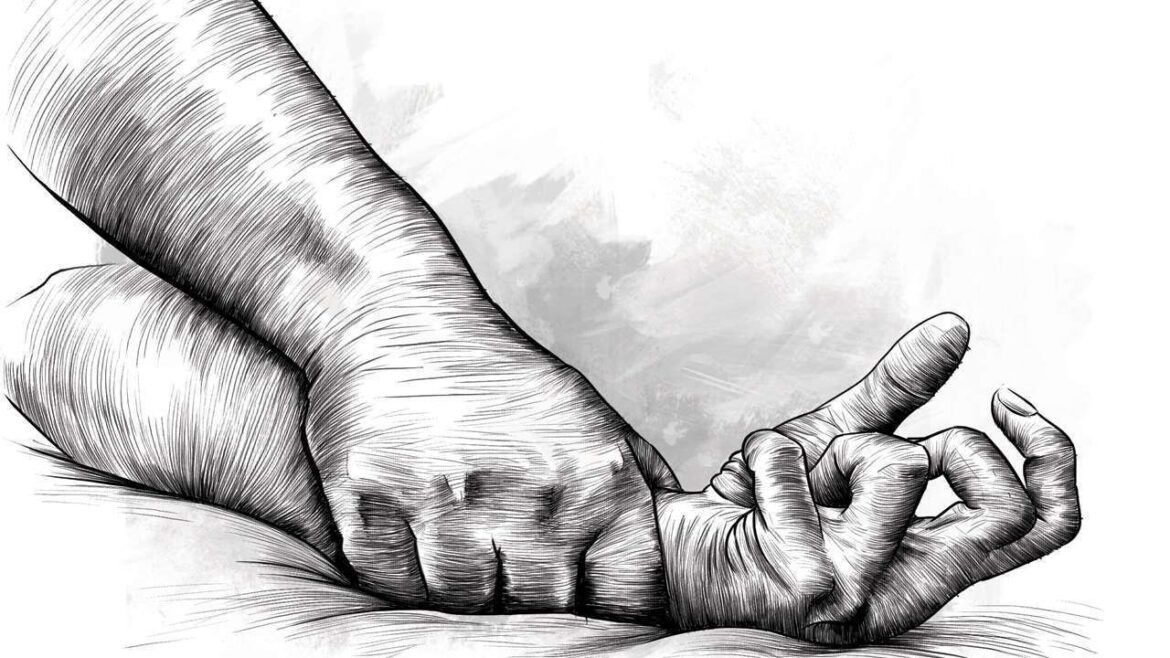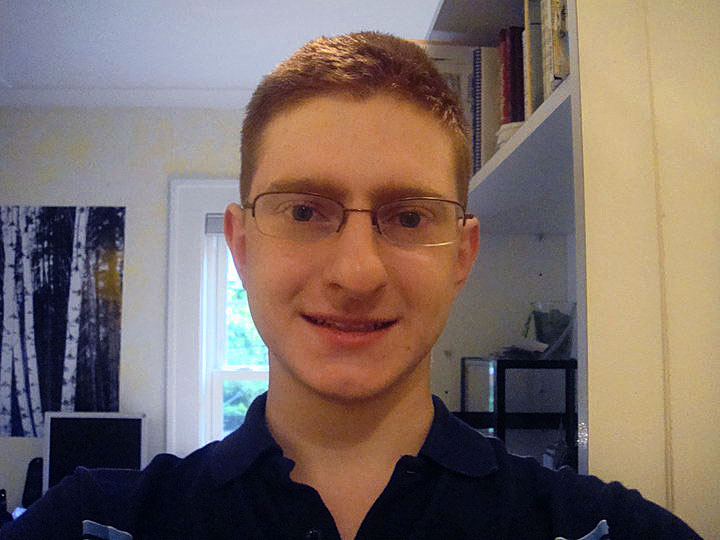By Bhoomika Choudhury
The recent Kolkata rape case has reignited discussions around the safety of public spaces, particularly for women and girls, in India. The brutal nature of the crime has left the nation grappling with the pervasive fear that drives families to confine their children indoors in the name of protection. But this confinement, while intended to keep them safe, may expose them to another set of dangers in the digital realm. I wonder what kind of future we are crafting for the next generation—a future where their access to physical spaces is restricted due to safety fears, and where their increasing reliance on digital spaces exposes them to the predatory practices of big tech?
In a country that is producing some of the world’s leading tech professionals, there is a deep irony in the fact that our inability to ensure the safety of children in both physical and digital environments might lead to a generation trapped by the very technologies we celebrate. The challenges are immense—how do we ensure the safety of our children when both public and digital spaces are fraught with risks? As The Anxious Generation by Jonathan Haidt argues, the intersection of fear, technology, and safety concerns creates a complex dilemma for parents and society alike, one that demands urgent attention and action.
The Shrinking of Public Spaces
The fear following the Kolkata rape case, much like previous such incidents, may lead to a further shrinking of public spaces for children, especially girls. This phenomenon isn’t new. The book Why Loiter? by Shilpa Phadke, Sameera Khan, and Shilpa Ranade, explores how public spaces in Indian cities are becoming increasingly inaccessible to women due to the pervasive fear of sexual violence. The authors argue that this fear is not just about the potential for violence but also about the societal expectations that women should not “loiter” in public spaces without a purpose. This is particularly true for young girls, who are often kept away from public spaces under the guise of protection.
However, this so-called protection comes at a significant cost. As public spaces become increasingly off-limits, children are pushed indoors, where screens and digital devices become their primary source of interaction with the world. While this may seem like a safer alternative, it raises critical questions about the kind of environment we’re creating for our children. Are they truly safer indoors, or are we merely swapping one set of dangers for another?
The Digital Danger
The over-reliance on screens and digital platforms is not without its perils. As The Anxious Generation highlights, the constant use of social media and digital devices can lead to heightened levels of anxiety, depression, and social isolation among teenagers. Moreover, the digital world is not immune to the dangers of exploitation and abuse. Big tech companies are increasingly finding ways to manipulate and take advantage of young users, capitalizing on their vulnerabilities for profit.
In this context, the confinement of children to their homes and the subsequent over-reliance on digital devices can be seen as a double-edged sword. While it may protect them from the immediate dangers of the outside world, it also exposes them to the insidious dangers of the digital world, where they are vulnerable to online predators, cyberbullying, and the negative mental health impacts of excessive screen time.
The Inadequacy of Legal and Policy Frameworks
The legal and policy frameworks in India have often been found wanting when it comes to addressing these complex issues. While there are laws in place to deal with sexual crimes and cybercrimes, their enforcement is often inconsistent and inadequate. Moreover, there is a lack of comprehensive policies that address the intersection of physical and digital safety for children. The current legal framework tends to focus on reactive measures—punishing perpetrators after the fact—rather than proactive measures that could prevent these crimes from occurring in the first place.
The Need for Policy and Societal Change
There is an urgent need for policies that address the dual threats of unsafe public spaces and the dangers of digital environments. On one hand, urban planning and law enforcement must work towards making public spaces safer for women and children. On the other, there needs to be stricter regulation of big tech companies to protect young users from exploitation.
Beyond policy, societal change is crucial. Parents, educators, and communities must work together to reclaim public spaces for children and ensure that digital spaces are used responsibly. It is not just about keeping children safe; it is about ensuring that they have the freedom to explore, learn, and grow in environments that do not pose a constant threat.
Conclusion
The Kolkata rape case has brought to the forefront the challenges of ensuring safety in both public and digital spaces. This is not just a societal issue; it’s a national crisis that threatens the very fabric of our future. The complexities involved in ensuring the safety of our children in both public and digital spaces are vast, and the solutions are far from simple. I don’t have a clear-cut solution to propose, but what I do know is that we need to urgently foster a national debate around this issue. The future of our children is at stake, and it is imperative that we address these concerns with the seriousness they deserve. We need to confront the harsh realities of our societal structures, legal frameworks, and technological advancements to ensure that our children can grow up in a world that is safe, just, and equitable. This crisis demands collective introspection and decisive action because the safety and well-being of our kids—and their future—depend on it.







